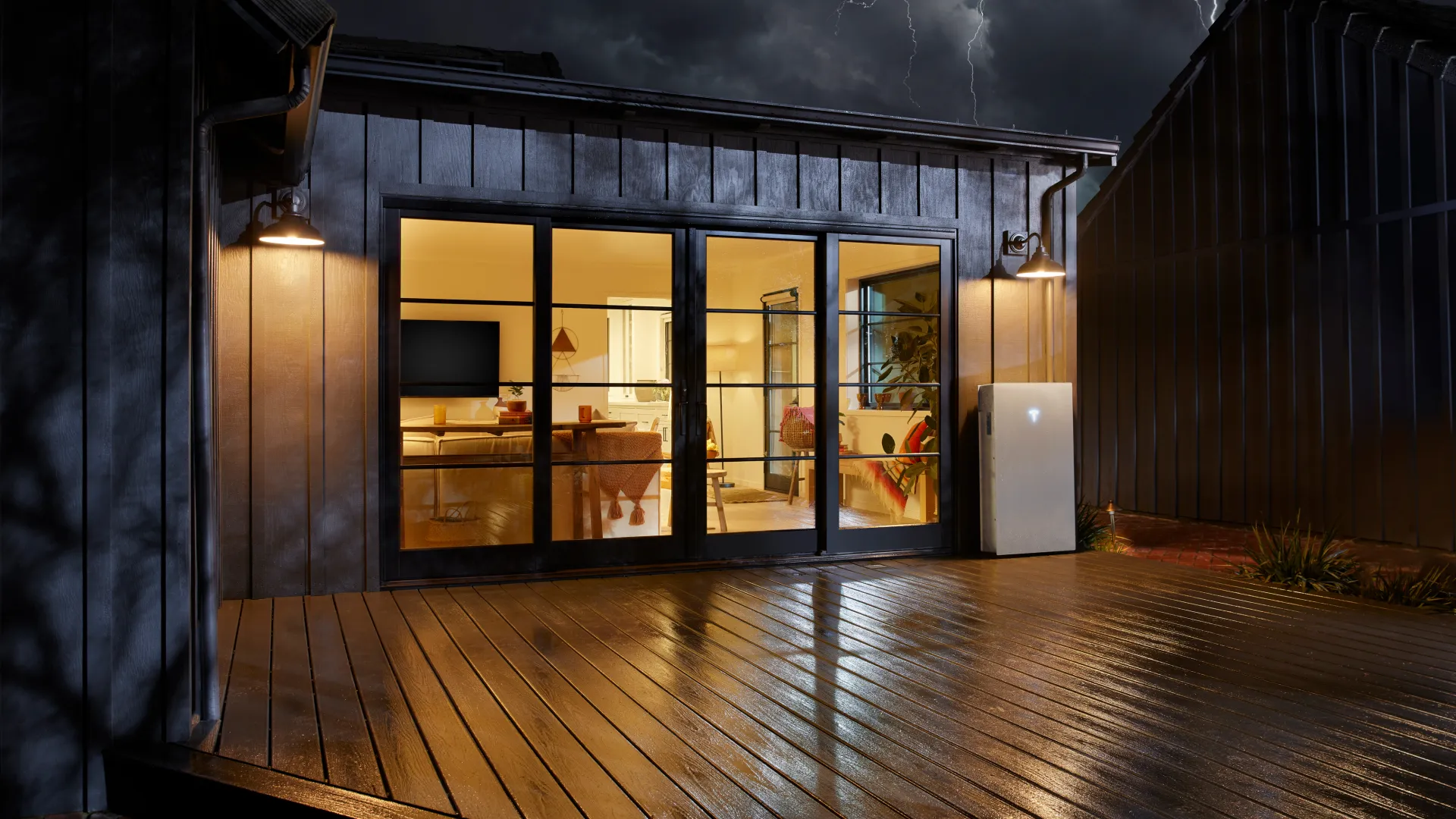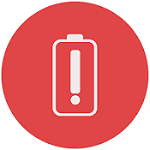
Choosing Your Solar Battery Backup System
SolarCraft Solar Battery Backup Systems include design/engineering, permit allowance, professional install and commissioning, up to a 15 year product warranty and service by SolarCraft; the most trusted and proven local clean energy provider in the North Bay for 40 years. There are several important factors to consider when evaluating your solar battery options, such as how much power it can provide to run your appliances and for how long. Additional considerations include:

Battery Chemistry, Cost of Ownership & Safety - The most widely used and cheapest battery systems use Nickel-Magnesium-Cobalt (NMC) battery cells, which require sophisticated cooling systems to prevent thermal runaway (fire) and lose their efficiency faster than other types of battery chemistries. Efficiency losses, replacement costs and the energy required to power the cooling systems result in higher cost of operation and higher total cost of ownership.
Lithium Iron Phosphate (LFP or LiFePO4) batteries are non-combustible, use passive cooling and retain their capacity and efficiency much longer. This makes LFP batteries safer, less expensive to operate and more valuable in the long run.

Capacity & Power - Capacity is the amount of energy a battery can store and discharge, measured in kilowatt-hours (kWh).
Power Rating is a measure of how much electricity a battery can deliver at one time (kW) and determines the size of the individual electric loads the battery can power.

Battery Backup or Just Daily Cycling - Battery storage can be configured to store your excess solar energy and use it during non-solar hours. This is the basic and least expensive configuration but does not provide backup power during grid outages. If backup power is required, an energy controller can be added to manage the flow of energy from the solar, the battery, the grid and the house so the battery can be used for backup power when the utility power is out.

Battery Life & Degradation - A battery's cell efficiency and its ability to hold a charge (capacity) will gradually decrease as it charges and discharges daily. Solar-integrated batteries typically come with a warranty that guarantees 10 years of daily cycles. Some batteries have an expected life of 10 years while others operate for 15-20 years.

Beware of Exaggerated Savings & Overstated Back-Up Power Claims - Be aware of misinformation about solar batteries, especially inflated savings projections by using batteries to avoid peak energy prices and misleading claims regarding how long batteries can power a home during an outage. SolarCraft sets realistic expectations and informs clients how solar-battery systems work during different times of year (especially fire season). We evaluate which loads can be backed up and for how long and inform clients of the cost to operate battery systems. We also explain the unique factors that determine when and if Time-of-Use Savings can be achieved with batteries.

